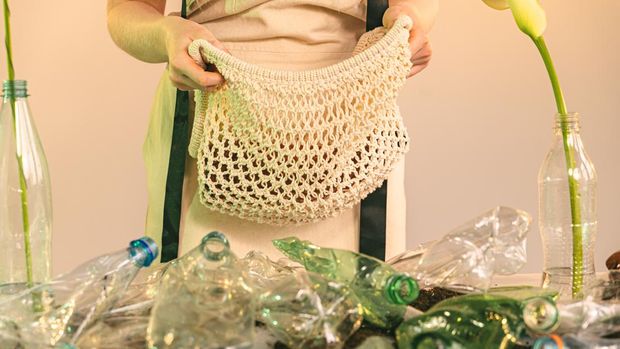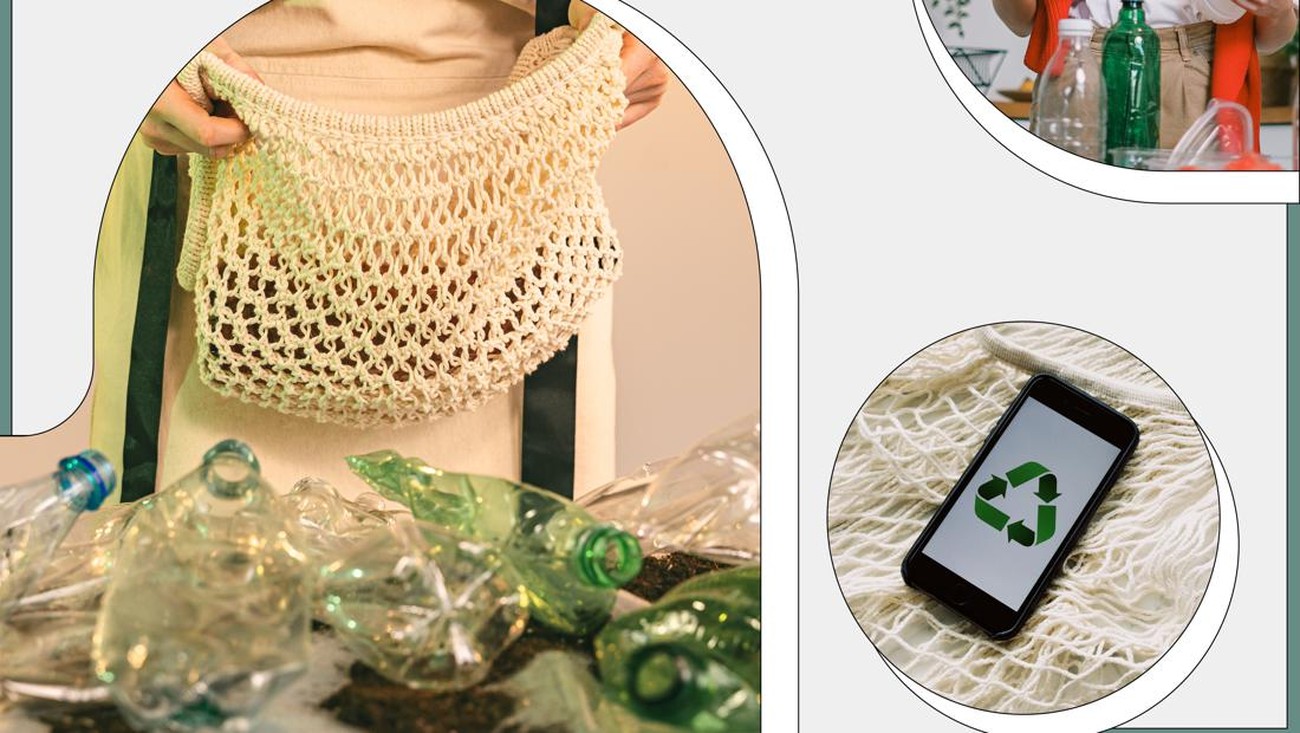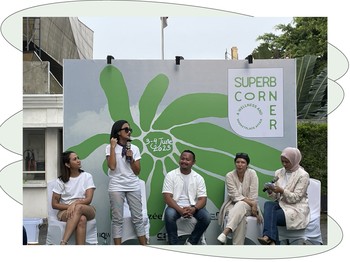The climate crisis driven by human activities has finally held us accountable for our actions. Global warming has become even more apparent, and numerous regions are already, if not yet, at serious risk. At the heart of it all is the overconsumption problem we are all facing. An increase in demand leads to an increase in production, which consequently depletes the Earth of its natural resources. A sustainable lifestyle is now being endorsed in efforts to reduce consumerism and ultimately reduce the detrimental impacts we've induced to our planet.
Now, more than ever, we're witnessing countless campaigns from sustainable fashion, living zero waste, and many more. More brands are going green and shaping themselves into the sustainability mold. A lot more people are now taking interest in the ethical and sustainable practices behind the production of goods they consume.
 Kantong belanja diangkat/ Foto: Pexel Anthony Shkraba Kantong belanja diangkat/ Foto: Pexel Anthony Shkraba |
One of the main concerns with transitioning into a sustainable lifestyle is the expensive price tag around it. Yes, green products tend to have higher pricing when compared to conventional products, but there are also cheaper alternatives. There are other different means to live sustainably without buying overpriced eco-friendly products. Advertising has made sustainable products "cool" and "hip" which drives its price at an exponential rate. With more eco-friendly labels - most of which are overpriced - in the market, society is now more driven than ever to make the transition. However, many think that by buying more sustainable items they are saving the planet when indeed, they're purchasing items they don't necessarily need (beating the whole purpose of a sustainable lifestyle).
We need to have a common understanding that sustainable living is not a mere trend. Businesses have to realize that sustainability is not a cash grab. The idea of sustainability is not about buying overpriced hydro flask water bottles in different shades, but reusing what you already have. Without a change of routine and simply purchasing "eco-friendly" labeled goods, we're yet again reliving the same cycle. It's not the type of goods we buy that has to change but rather our consumption pattern.



